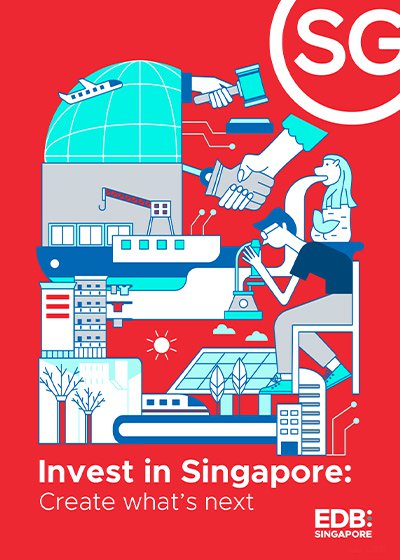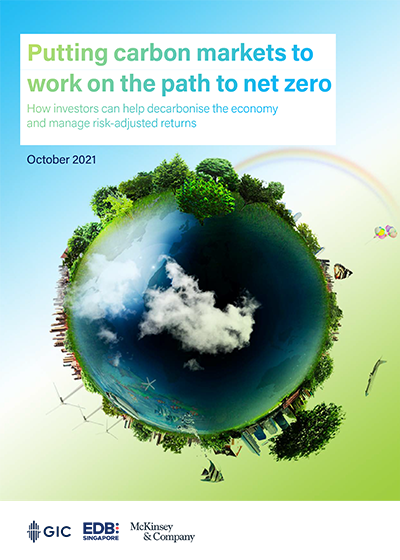Singapore has staged a comeback, climbing two spots to become the world's third-most competitive economy, after falling from first to fifth last year.
Denmark (at No.1) and Switzerland rank ahead of the Republic in the Institute for Management Development(IMD) World Competitiveness Ranking, which released its latest list on Wednesday (June 15).
IMD is based in Switzerland and Singapore.
The Republic, which held the highest spot in 2019 and 2020, is the top Asia-Pacific economy this year, followed by Hong Kong (fifth), Taiwan (seventh) and China (17th).
IMD said Singapore's recovery stems from huge improvements in the domestic economy, where it leapt from 15th position to first, while employment jumped from 18th to third, public finance from 12th to sixth, and productivity and efficiency from 14th to ninth.
The Republic bagged the top spot in both international trade and technological infrastructure, and second place for business legislation.
But Singapore came in 14th for management practices, 16th for scientific infrastructure, and 25th for health and environment.
"Indicators based on executives' sentiment also highlight concerns with respect to hybrid work models and the overall attractiveness of the city-state to foreign highly skilled professionals," said IMD.
"If these concerns materialise, they might hinder Singapore's capacity to attract overseas talent in the following years, potentially curbing its long-term competitiveness."
IMD said the rankings this year show how differing Covid-19 policies have helped or hindered economic recovery from the pandemic.
Mr Christos Cabolis, chief economist at IMD's World Competitiveness Centre, which produces the ranking, said global challenges affecting the competitiveness of countries include Covid-19 variants and the number of infected people around the world; differing national policies to address the pandemic ranging from zero tolerance to living with the virus; as well as Russia's invasion of Ukraine.
"Inflationary pressure is affecting most economies," he added. "It is clear that inflationary pressure is now amplifying the already problematic supply-chain bottlenecks throughout the world."
The IMD World Competitiveness Ranking this year compared 63 economies, by measuring economic wellbeing through statistical data and survey responses from executives.








